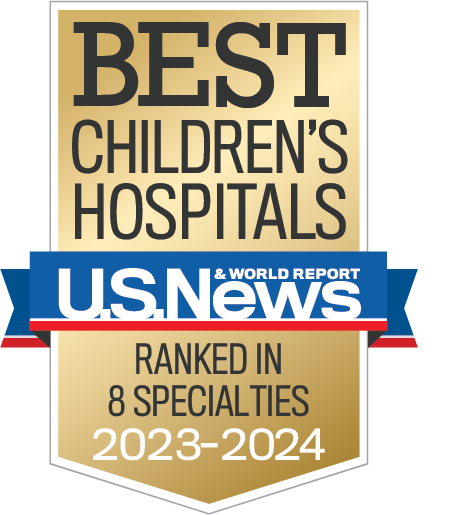Epstein Anomaly with Atrial Septal Defect
When Grady McMillan was born on December 31, 2014, he appeared to be perfectly healthy. But at his one-month checkup, his pediatrician heard what sounded like a heart murmur and referred Grady and his parents, Tara and Jody, to a cardiologist. Grady was diagnosed with Ebstein anomaly of the tricuspid valve – a rare heart defect in which the valve between the two right heart chambers doesn’t work properly. He was also diagnosed with an atrial septal defect – a hole in the wall between the two upper chambers of the heart. “We immediately were told all about what we should expect to see happen to Grady,” Jody said. “It was everything a parent doesn’t want to hear about their child. We were told to expect to see him decline and just not thrive.” Contrary to expectations, Grady never showed signs of decline. His cardiologist was just hoping to get him to weigh enough at 4 months old to perform heart surgery, but at 4months old, he was flourishing. “He blew right past four months and so doctors said the decline should start around six months,” Jody said. “But then six months came and he seemed normal—everything was right where he needed to be.” Doctors pushed back the surgery to 9 months old, but Grady continued to thrive. “He was surprising doctors, who finally decided that we needed to proceed with the surgery after he turned one just to go ahead and get it corrected,” Jody said. “So that’s what we decided to do.” Grady’s had surgery at Children’s of Alabama, and it was his first visit to the hospital. “We were very lucky that our cardiologist in Mobile could relay Grady’s information back and forth from Children’s prior to [the surgery] so that we could stay at home,” Jody said. “We really appreciated that Children’s was willing to work with us to stay home.” Robert Dabal, M.D., chief of the Division of Cardiothoracic Surgery at Children’s, performed Grady’s surgery, repairing the valve and closing the hole between the upper chambers. “It took a little over three hours and those were a long three hours,” Jody said. “But the doctors and staff talked with us about what to expect from the surgery and so we were prepared. Thankfully, Grady did great. The surgery went well and after a week, we got to go home.” Grady has not experienced any problems post-surgery. He made the standard three-month checkup visits to his cardiologist, and those visits now occur annually. Grady’s diagnosis is so rare that the McMillans don’t have a definitive long-term prognosis. “Doctors have never seen his conditions paired together,” said Jody, adding he and his family are living in the now and enjoying the fact that Grady is well. “You never know what the future holds,” Jody said. “Doctors said he may have to come back a few years down the road or maybe never. They just don’t know. Regardless, we appreciate everyone at Children’s. We couldn’t have asked for better care for Grady. He’s our miracle.”





